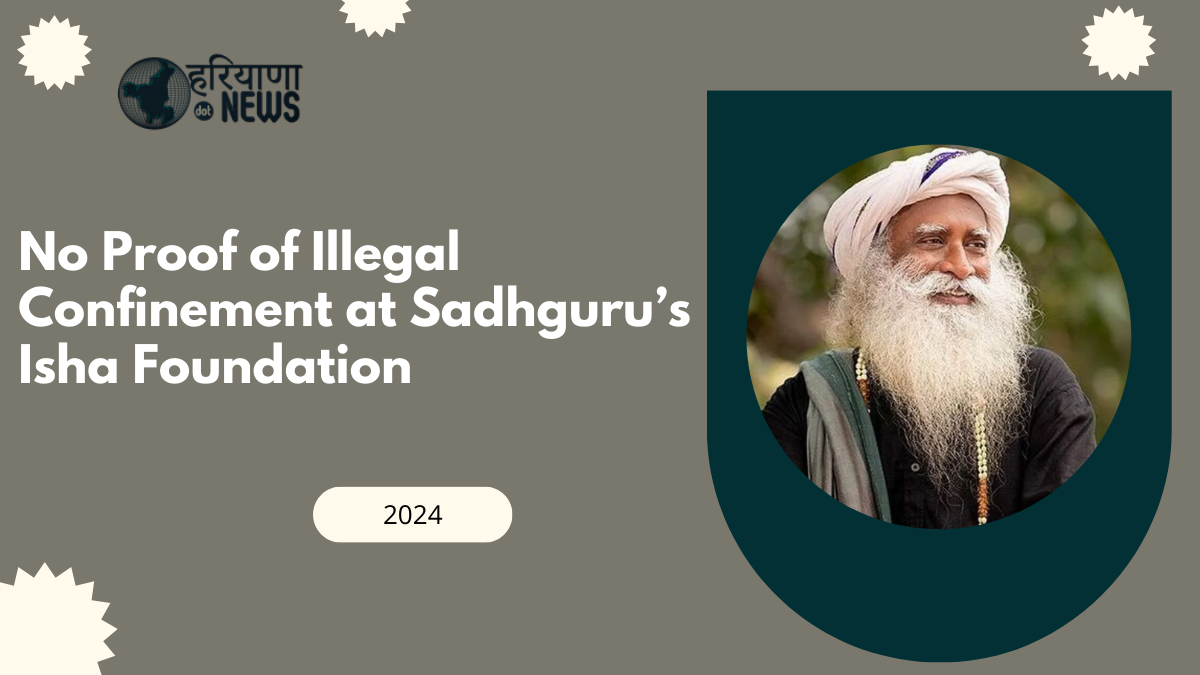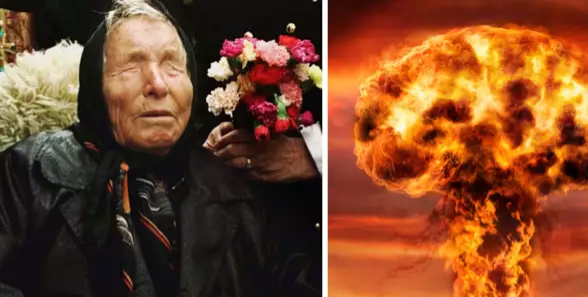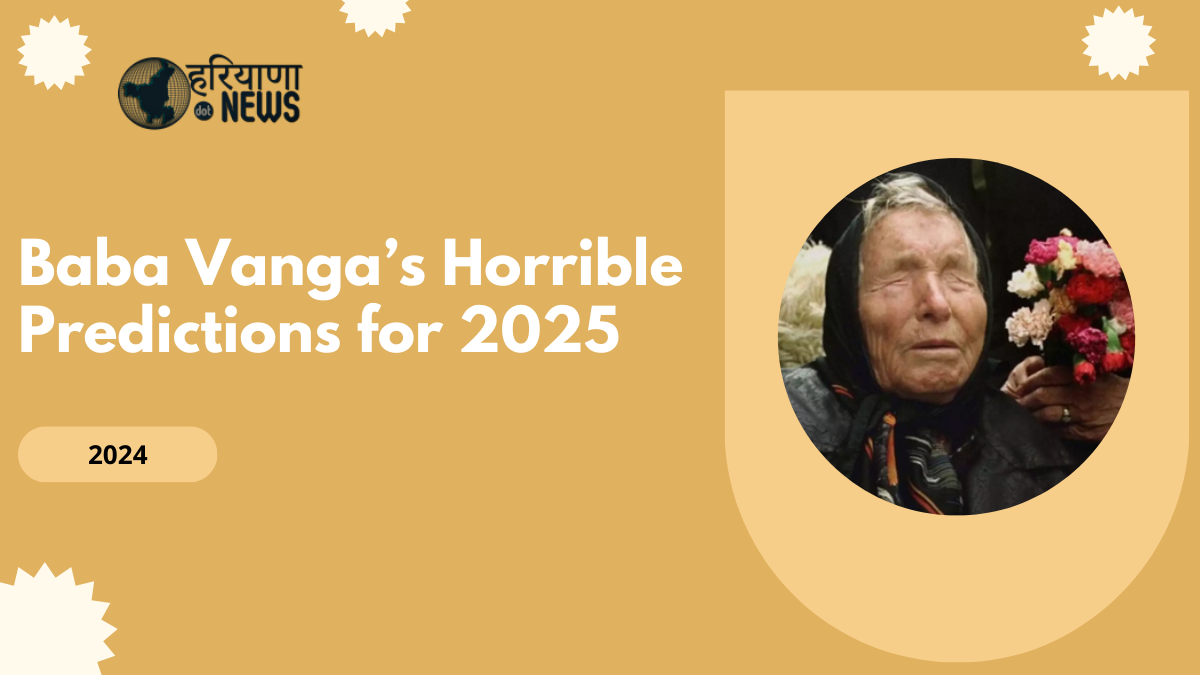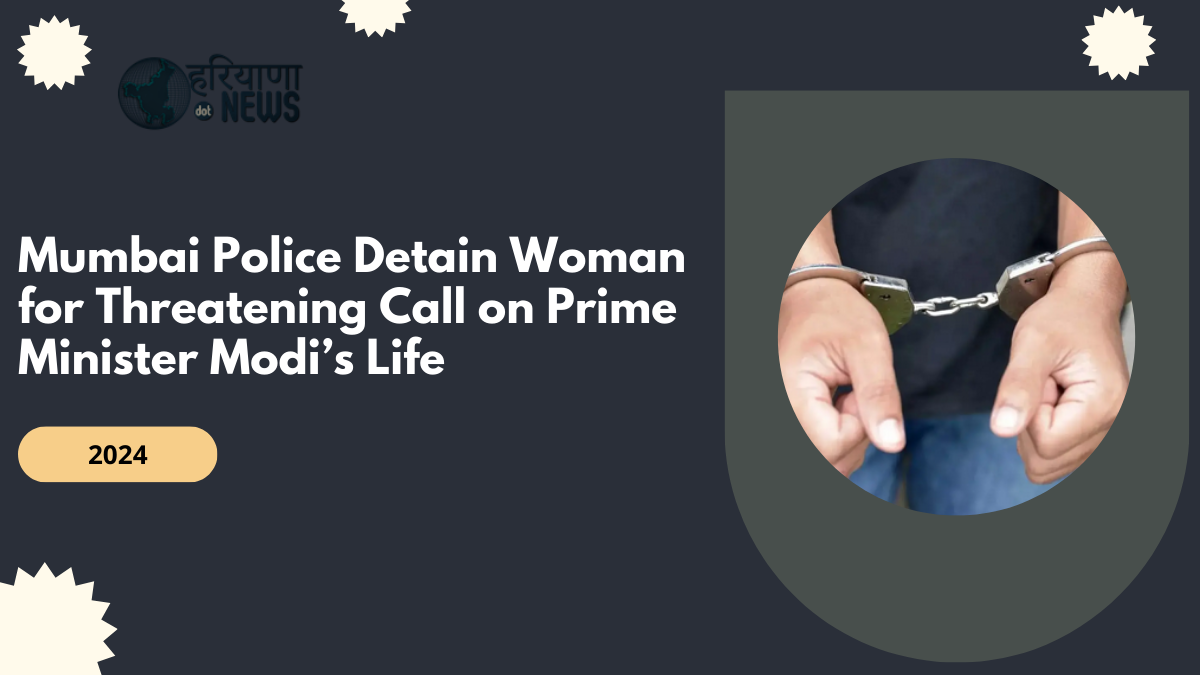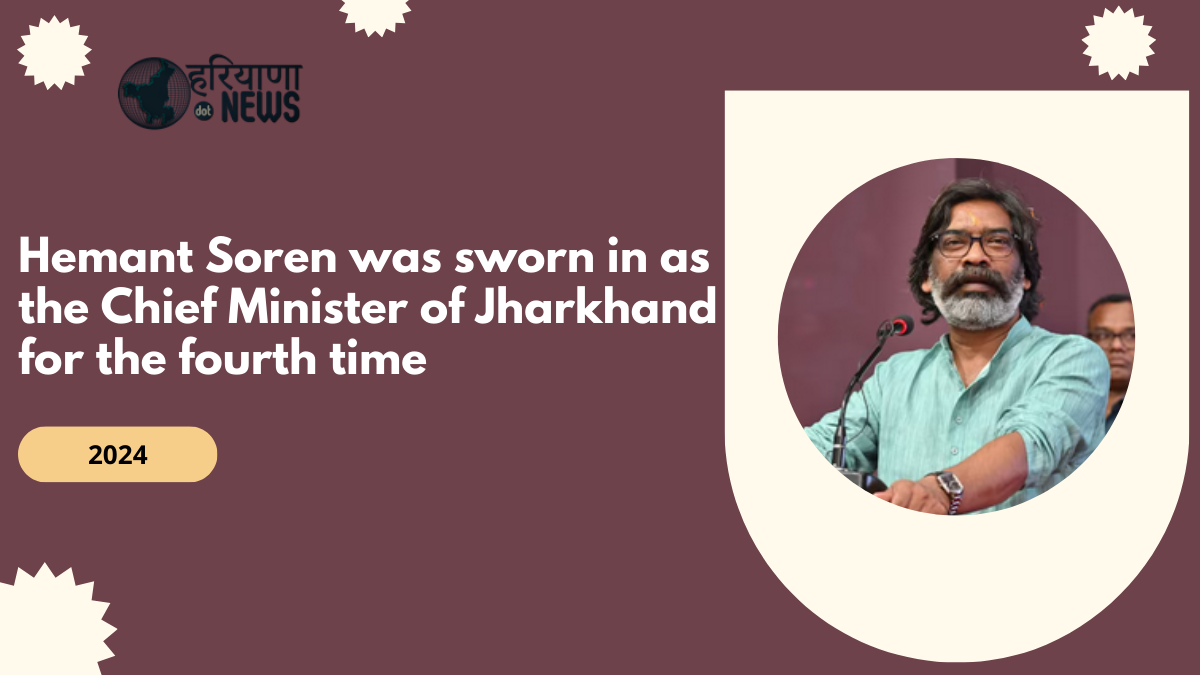A recent investigation by the Tamil Nadu police, prompted by a Madras High Court order on September 30, has found no evidence of illegal confinement at the Isha Foundation’s ashram in Coimbatore, founded by spiritual leader Sadhguru Jaggi Vasudev. The police submitted their findings to the Supreme Court, dismissing allegations that two women were being held against their will.
The Background: High Court Orders Police Probe
The investigation began following a directive from the Madras High Court, which acted in response to a habeas corpus petition filed by a retired professor from Coimbatore. The professor claimed that his two daughters, who go by the names Maa Mathi and Maa Maayu within the ashram, were being forcibly confined and prevented from leaving after being coerced into adopting the ashram’s monastic lifestyle. Based on these accusations, the court ordered a police inquiry, which led to 150 officers entering the ashram for an investigation on October 1.
Supreme Court Halts Further Investigations
On October 3, a bench led by Chief Justice Dhananjaya Y Chandrachud intervened, pausing any further police actions at the Isha Foundation’s premises. The case, initially under the jurisdiction of the Madras High Court, was moved to the Supreme Court. The police were instructed to submit a detailed report to the court, which is set to review the matter today, October 18.
Findings of the Police Investigation
According to the report submitted by the Superintendent of Police in Coimbatore, both women refuted their father’s claims, stating they were at the ashram voluntarily. The women, both well-educated, confirmed they were in good health, both physically and mentally, and had chosen the monastic path willingly without any pressure.
They informed the authorities that they had last met their parents on June 7, 2024, during their parents’ anniversary. The report also included CCTV footage of their interactions with their parents, alongside handwritten statements from the women affirming their voluntary stay. Additionally, the women explained that their relationship with their father had soured after he began publicly accusing the ashram of holding them against their will.
Interview with Other Ashram Residents
As part of the investigation, the police interviewed 30 out of the 217 brahmacharis (monks) residing at the ashram. All confirmed that they were living there by choice. One of the women, Maa Maayu, was even noted for her active lifestyle, participating in a 10-kilometer marathon.
Supreme Court’s Interaction with the Women
During an earlier hearing on October 3, the Supreme Court bench interacted with both women via video conference. The women once again confirmed their voluntary decision to remain at the Isha Foundation, denying any allegations of coercion.
High Court’s Investigation Grounds Questioned
The Supreme Court, led by Chief Justice Chandrachud, raised concerns over the basis of the Madras High Court’s decision to order an investigation, suggesting that there was insufficient legal justification for such a probe. This observation led the Supreme Court to take over the case and halt further police investigations.
Other Concerns Raised in the Report
The police report also touched upon other issues related to the Isha Foundation. Over the past 15 years, six missing person cases were filed in connection with the ashram. Out of these, five were resolved, while one remains open, as the person has not been found yet.
In addition, the report raised concerns about other matters, including expired medicines being distributed at the Foundation’s clinic, allegations of sexual assault, and potential land encroachment. The report noted seven cases filed under Section 174 of the Criminal Procedure Code (which involves inquiries into suicides or unexplained deaths), with two cases still pending forensic reports.
 Mumbai Police Detain Woman for Threatening Call on Prime Minister Modi’s Life
Mumbai Police Detain Woman for Threatening Call on Prime Minister Modi’s Life
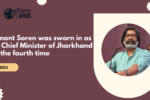 Hemant Soren was sworn in as the Chief Minister of Jharkhand for the fourth time, took oath as Jharkhand’s 14th chief minister
Hemant Soren was sworn in as the Chief Minister of Jharkhand for the fourth time, took oath as Jharkhand’s 14th chief minister
 India’s Strategic Breakthrough: Advancing SLBM Capabilities with INS Arighaat
India’s Strategic Breakthrough: Advancing SLBM Capabilities with INS Arighaat
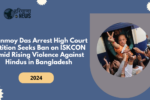 Chinmoy Das Arrest: High Court Petition Seeks Ban on ISKCON Amid Rising Violence Against Hindus in Bangladesh
Chinmoy Das Arrest: High Court Petition Seeks Ban on ISKCON Amid Rising Violence Against Hindus in Bangladesh
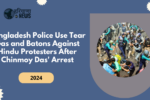 Bangladesh Police Use Tear Gas and Batons Against Hindu Protesters After Chinmoy Das’ Arrest
Bangladesh Police Use Tear Gas and Batons Against Hindu Protesters After Chinmoy Das’ Arrest





There was also mention of a POCSO (Prevention of Children from Sexual Offences) case filed by a local school principal against a doctor affiliated with Isha Outreach, leading to the doctor’s arrest. Another sexual assault complaint, filed by a woman who attended a yoga course in 2021, was withdrawn, but the police are working to reopen that investigation.
Population and Infrastructure at the Isha Foundation
The Isha Foundation hosts a significant population, including 217 brahmacharis, 2,455 volunteers, 891 paid staff members, 1,475 workers, and 704 guests and volunteers staying at its Coimbatore location. The site also houses 342 students at Isha Home School and 175 students at Isha Samskriti.
Despite the overall positive atmosphere reported by residents, the police suggested that awareness regarding child rights and helplines should be improved. The report also flagged issues concerning outdated medical equipment at the Isha Clinic and mentioned an under-construction crematorium on the premises that is currently facing legal scrutiny.
Complaints About Internal Practices
Another issue noted in the report was the inadequate functioning of the Internal Complaints Committee, as mandated by the POSH (Prevention of Sexual Harassment) Act. The report also included statements from 33 brahmacharis, 80 workers, 152 staff members, 17 students, 44 residents, and 42 visitors, who were interviewed as part of the investigation.
Isha Foundation’s Appeal to the Supreme Court
In its defense, the Isha Foundation argued that the Madras High Court’s order to investigate had caused undue harm to its reputation and disrupted the peaceful operations of the ashram. The Foundation claimed the investigation violated the fundamental rights of individuals living there, including their right to privacy and their freedom to make their own life choices.
The Foundation emphasized that individuals should have the right to decide where they live and how they practice their beliefs, without interference from courts or law enforcement, unless there is compelling evidence of illegal activity or coercion. They urged the courts to exercise caution before intervening in the personal lives of those choosing a spiritual path at the ashram.
Click here to know more.

